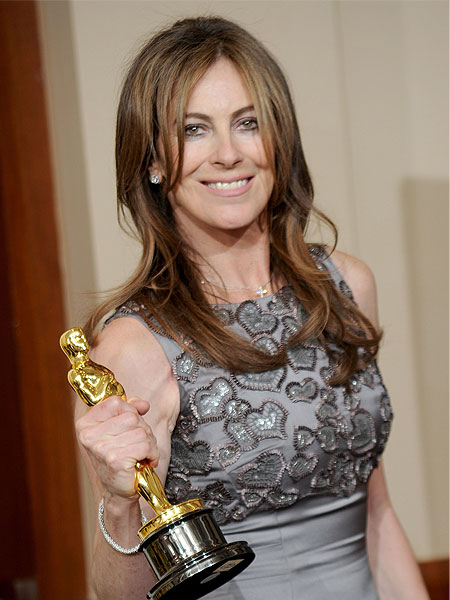Last year, a film professor asked my class to write a paper about how Jane Campion’s “The Piano” has a distinct feminine quality to it—what about this film made it obvious that it had been made by a woman? What effect does the “feminine touch” have on a film?
The prompt struck me as quite condescending, as if it implied that female directors could only churn out films dripping in stereotypically “feminine” qualities like melodrama, passive storytelling or careful costume design. From what I could see, there was no more or less artistry in “The Piano” than there was in any film that’s ever been directed by a man. Why was it being treated like an anomaly?
It was the first time I’d ever truly registered the dearth of female directors in the film and television industry. It was also the first time I had ever been offended by the way women and their work were being discussed in an academic setting.
After reading A&E editor Grace Stetson’s piece on SIFF’s Women in Film festival last week, I researched Hollywood’s gender gap further and, so far, I’m saddened by the numbers.
Only four women, including Campion, have ever been nominated for Best Director in the Oscars’ 86-year history. Even more unfathomable is the fact that none of them won until 2010, when Kathryn Bigelow stormed the ceremony with a timely film about the Iraq war.
The problem here is that women like Campion, who was nominated for Best Director in 1993, and Bigelow are treated like rarities. In film classes, we are always assigned to watch just one token film by a woman. It’s included in our syllabi as if to say, “Look! Women are capable of making movies too. And we should make sure you know that.” Every time a female director or behind-the-scenes filmmaker is nominated for an Oscar the media pees itself because it’s just something that never happens. Because women rarely direct or write or produce films, right? And it’s so unique and powerful when they do.
This is a problem.
Recent Oscar nominations, Bigelow’s win and the 2013 Sundance statistics have put women filmmakers back into the Hollywood spotlight. As gender discrepancies in Hollywood seem to remain stagnant, some filmmakers and journalists are calling for change in Hollywood—it’s time to stop thinking that female directors are rarities because they’re not. Half the films screened at Sundance last year were made by women, so the argument that women “just aren’t making as many films as men are” doesn’t seem to hold up. It’s time to start recognizing that.
Although many courses of action have been proposed in response to the Hollywood gender gap, the one I find most intriguing is the suggestion that individual achievement Academy Awards be segregated by gender, like the acting nominations.
Though seemingly counter productive—as we all know, “separate but equal” has not been the most effective approach to achieving equal rights in the past—the argument behind segregating the Oscars is that it will work like affirmative action did for higher education, which successfully increased the number of women attending college and holding leadership positions.
Although the Oscars are certainly not the only important awards ceremony within the industry—and, the cure to narrowing this gender discrepancy lies more so with studio executives than that little gold statuette—the reality is that Oscar wins can make, and have made, the careers of many filmmakers both male and female. Sofia Coppola’s 2003 Best Director nomination made her one of the most well known directors of today—undoubtedly the most famous woman director—and Diablo Cody rose to fame when she won Best Original Screenplay for “Juno” in 2008. Journalist Jake Flanagin speculated that films made by Nora Ephron—perhaps the single most famous female screenwriter in history—might not have garnered the clout they did without Ephron’s 1983 writing win for “Silkwood.” The Oscars placed these women in positions that made them attractive to producers—they could market these powerhouse women now that they had major awards under their belts. Segregated individual achievement awards could not only boost the visibility of women filmmakers and give momentum to their career, but it would also be an incentive for major production companies to support and promote the work of women.
Now, I don’t know where I stand on this segregation proposal—like I said before, it seems a bit counterproductive—but I certainly agree that it’s time Hollywood starts taking women seriously. Studios can talk, talk, talk about how much they support “diversity,” but actions speak louder than words. Instead of “working diligently” to diversify hiring—this is the language used by the Director’s Guild of America to address the gender discrepancy in a new studio contract—they should just do it.
I leave you with the New York Film Academy’s shocking infographic about gender inequality in the film and television industry as food for thought—they can tell you the facts better than I can:
http://www.nyfa.edu/film-school-blog/gender-inequality-in-film/








